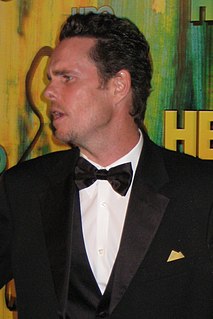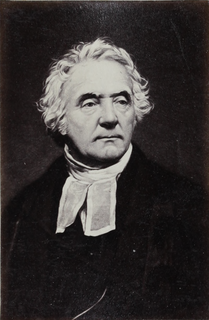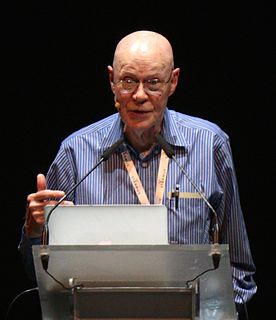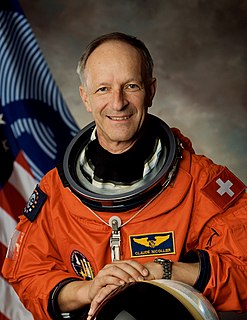A Quote by Tim Ferriss
If you start out with a little telescope observing the stars and you keep at it over the years, as I have, it's kind of a dream to one day have an observatory where you can always go and use the telescope conveniently.
Related Quotes
In the course of writing 'First Light,' I climbed all over and through the Hale Telescope, where I found rooms, stairways, tunnels, and abandoned machines leaking oil. My notebooks show tooth-marks where I gripped them with my teeth while climbing around inside the telescope, and the notebooks are stained with Flying Horse telescope oil.
Perhaps we are looking at this from a wrong perspective; this search for the truth, the meaning of life, the reason of God. We all have this mindset that the answers are so complex and so vast that it is almost impossible to comprehend. I think, on the contrary, that the answers are so simple; so simple that it is staring us straight in the face, screaming its lungs out, and yet we fail to notice it. We're looking through a telescope, searching the stars for the answer, when the answer is actually a speck of dirt on the telescope lens.
The Bible is like a telescope. If a man looks through his telescope, then he sees worlds beyond; but if he looks at his telescope, then he does not see anything but that. The Bible is a thing to be looked through, to see that which is beyond; but most people only look at it; and so they see only the dead letter.
































